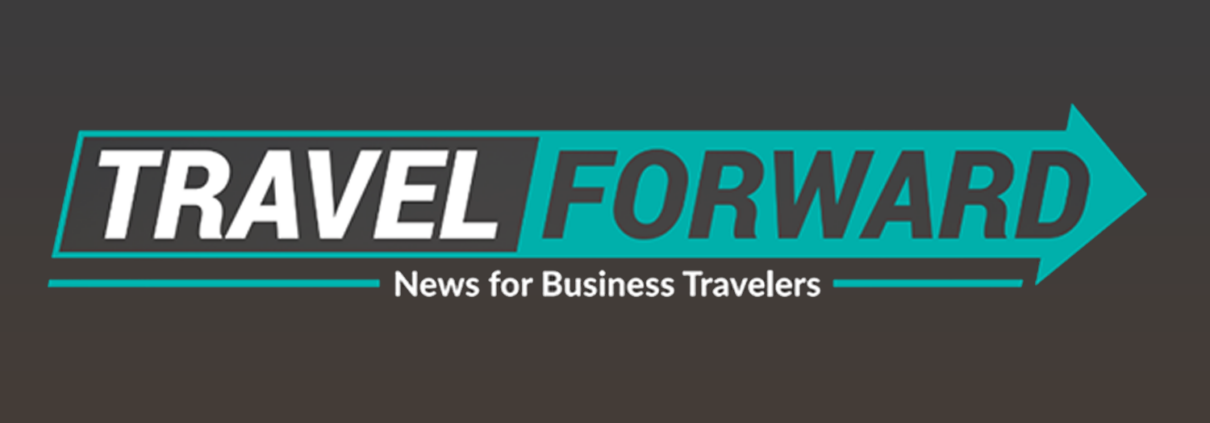Navigating Economic Instability: Practical Steps for Travel and Procurement Managers
With the economy constantly shifting, travel and procurement managers are being challenged to do more with less. Rising costs, supply chain issues, and market fluctuations mean every dollar spent is under the microscope—including travel.
But cutting back on business travel isn’t always the best move. The most successful companies aren’t just reducing spend—they’re making travel smarter and more strategic. The goal is to maximize value, not just cut costs.

Here are some key approaches to help your organization keep traveling effectively while managing risk and easing financial pressure:
1) Prioritize Travel That Delivers Real Value
Not every trip has the same impact. Focus on travel that supports revenue growth, key relationships, or project progress. A simple pre-trip review process can help filter out non-essential travel.
- Action Tip: Use a Return on Value (RoV) scoring system or a business justification form as part of your approval workflow.
2) Strengthen Supplier Partnerships and Policies
Now’s a great time to revisit supplier contracts—from flights to hotels and ground transport—to negotiate better rates, more flexible booking terms, or bundled discounts. At the same time, reinforce policy compliance by encouraging early bookings, preferred channels, and sensible spending behaviors. Transparency and incentives often work better than strict enforcement.
- Action Tip: Conduct a mid-year supplier audit and share booking savings insights to boost traveler awareness.
3) Leverage Data to Cut Waste and Improve Efficiency
Travel data is a goldmine for spotting leaks, last-minute bookings, and underperforming vendors. Routine, visual reporting dashboards can help leadership monitor spend, compliance, and RoV in real time—and identify quick wins.
- Action Tip: Schedule a dedicated meeting with your Client Success Manager to review traveler buying behaviors and opportunities to maximize your return on value.
4) Consolidate Travel and Align Across Teams
Batching meetings or client visits—especially regionally—saves time, cuts costs, and reduces disruptions. Strong collaboration between travel, procurement, finance, and HR teams leads to smarter sourcing and quicker responses to market changes.
- Action Tip: Set up quarterly travel steering committees across these departments and utilize existing partnerships with your travel management company to review unique group servicing options.
5) Keep Duty of Care Front and Center
Cost-saving is important, but never at the expense of traveler safety. Continue investing in real-time alerts, emergency support, and clear escalation protocols. Duty of Care is just as important for domestic travel as it is international.
- Action Tip: Regularly review your risk management services to make sure they scale with your program.
In Summary:
Economic uncertainty is a challenge—but also an opportunity to build a smarter, more efficient and tailored travel program focused on value. By improving policies, leveraging data, managing suppliers strategically, and fostering internal teamwork, your organization can keep traveling purposefully while staying fiscally responsible.
If you’d like to explore how these strategies can be customized for your business, we’re here to help. Let’s discuss building a travel program that’s resilient, flexible, and ready for the future.



Leave a Reply
Want to join the discussion?Feel free to contribute!